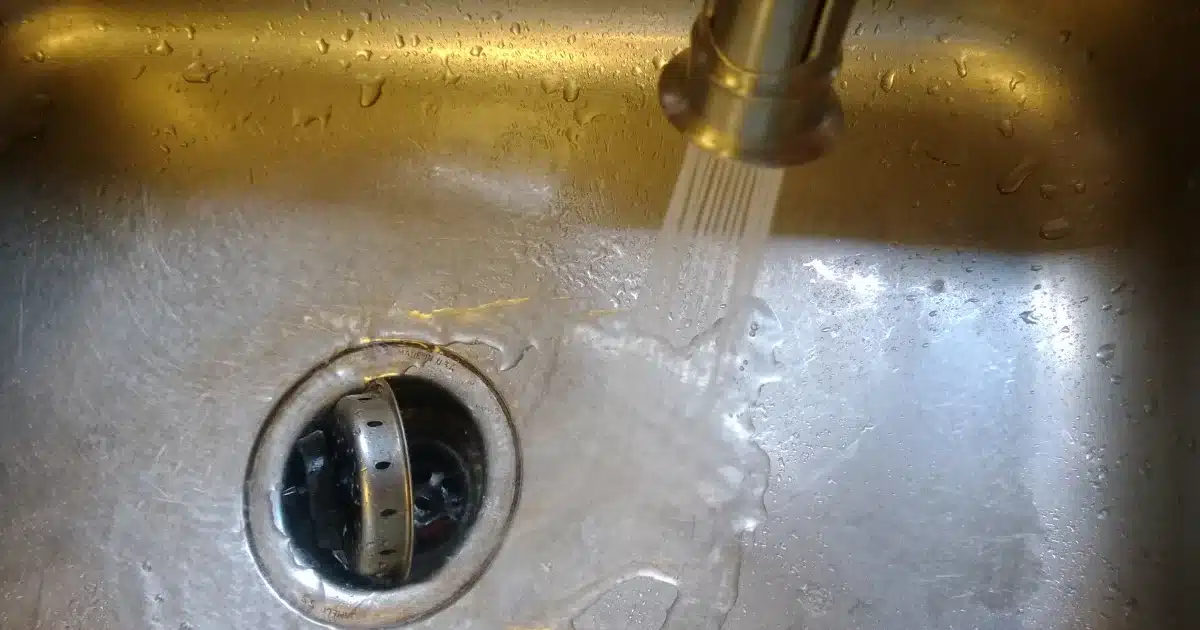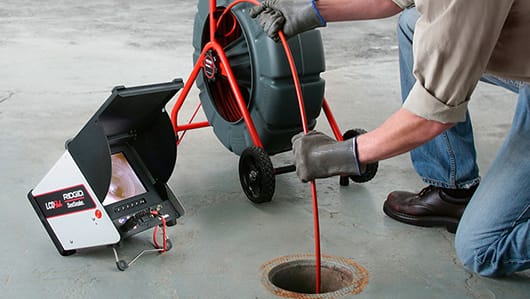There’s nothing more off-putting than turning on the tap and being hit with the unmistakable stench of rotten eggs. This unpleasant odor, usually caused by hydrogen sulfide gas, is often a sign that sulfur-reducing bacteria have made themselves at home in your water supply. While the smell itself isn’t necessarily harmful, it’s certainly not something you want lingering around your property.
If you’ve noticed this foul odor coming from your water, it’s time to take action. Before you call in the professionals, here are eight troubleshooting tips to help you identify and potentially solve the problem.
Table of Contents
Toggle1. Check Both Cold and Hot Water
The first step is to determine whether the smell is coming from both your cold and hot water. Turn on each faucet separately and take a whiff. If the smell is only coming from your hot water, the problem is likely with your water heater.
2. Inspect Faucets Not Connected to a Water Softener
If you have a water softener system, check the faucets that are connected to it and those that aren’t. Sometimes, a water softener can be the source of the rotten egg smell. If you notice a difference in smell between the two, your water softener might need attention.
3. Let the Water Run
Sometimes, letting the water run for a few minutes can help. If the smell dissipates, it could indicate that the sulfur bacteria are present in your plumbing system rather than in the water source itself. In this case, you might need to have your pipes cleaned by a professional.
4. Replace the Magnesium Anode in Your Water Heater
If you’ve pinpointed the issue to your water heater, consider replacing the magnesium anode rod. This component can react with bacteria, creating the hydrogen sulfide gas responsible for the smell. However, be aware that replacing this with an aluminum anode might shorten the lifespan of your heater.
5. Clean the Water Heater
Disinfecting your water heater is another potential solution. Flushing the tank with a chlorine bleach solution can kill the sulfur bacteria, eliminating the smell. Make sure to thoroughly flush the system afterward to remove any remaining chemicals.
6. Increase the Water Heater Temperature
Turning up the heat in your water heater to 160 degrees Fahrenheit for a few hours can kill off the sulfur bacteria. This is a temporary fix, but it can provide short-term relief from the smell. Afterward, flush the tank to remove any dead bacteria.
7. Consider Installing a Water Softener or Chlorinator
If the source of the problem is in your groundwater, installing a water softener or a chlorinator might be the best long-term solution. Water softeners can help oxidize and trap iron particles that the bacteria feed on, while chlorinators can help reduce overall bacteria levels.
8. Call in a Professional
If none of these steps seem to work, it’s time to call in the experts. At On Services, our team of professionals can diagnose and fix the issue, ensuring your water is fresh and odor-free. We specialize in comprehensive water treatment solutions, from pipe cleaning to water softener installations, and can provide ongoing maintenance to prevent future problems.
Dealing with water that smells like rotten eggs can be frustrating, but it’s a problem that can often be resolved with the right approach. Whether you choose to tackle the issue yourself or bring in the experts, addressing the problem early can help prevent more significant issues down the line. If you’re facing persistent water odor issues, don’t hesitate to reach out to On Services for professional assistance and peace of mind.





